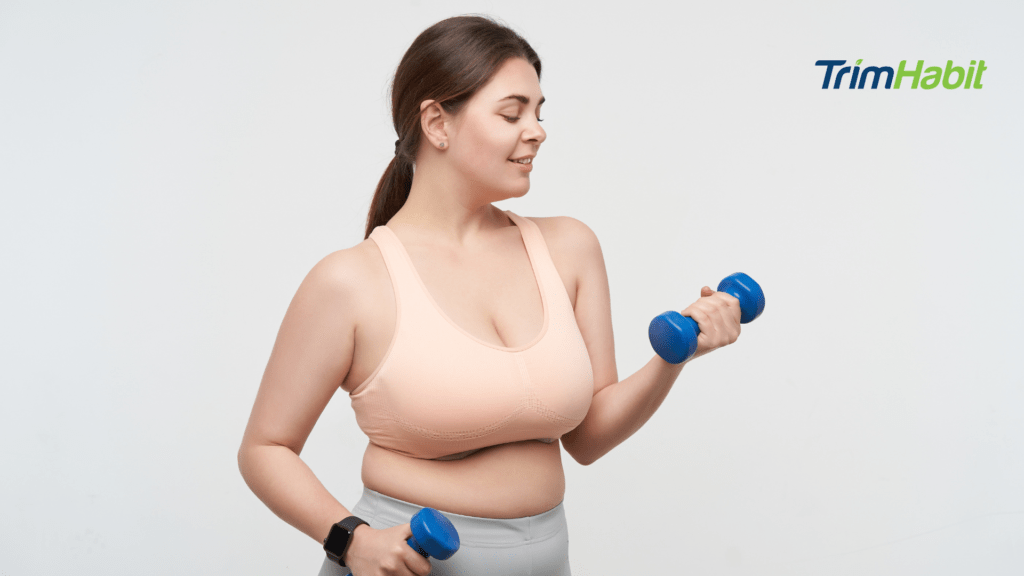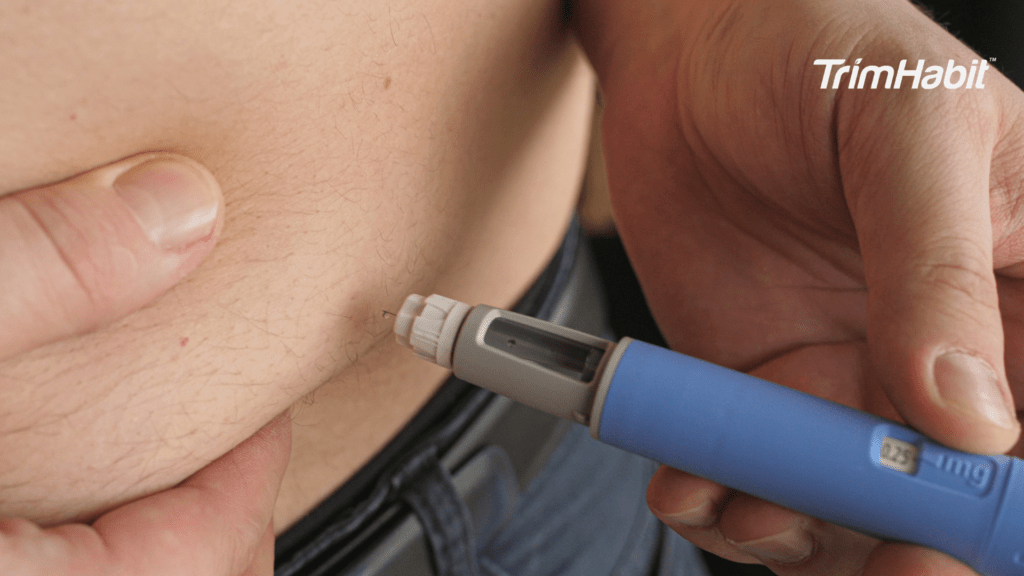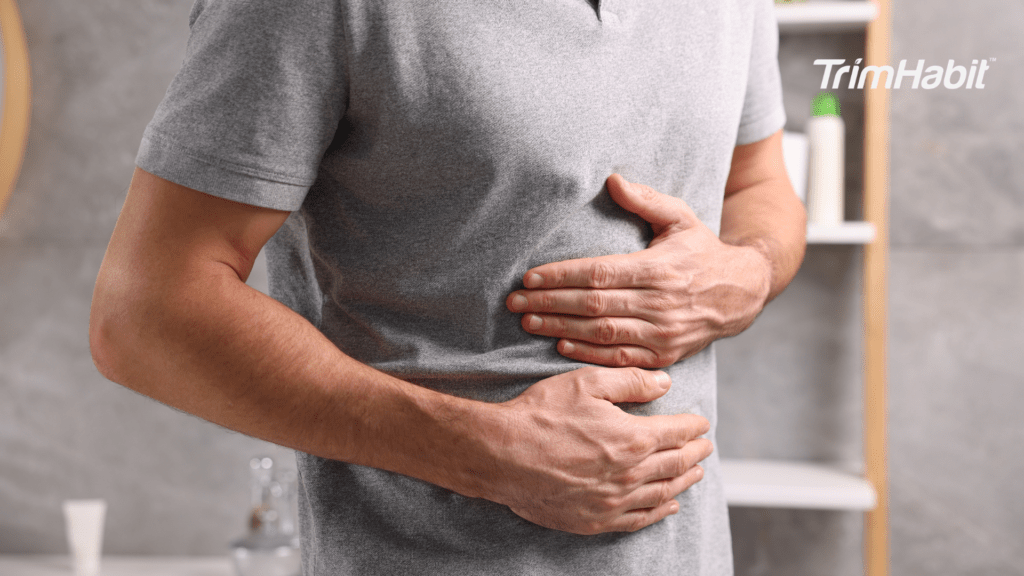One of the most effective ways to make your fast easier and more effective is by adding potassium while fasting. There’s a good chance of experiencing electrolyte imbalance if you start to feel lethargic, experience muscle cramps, or perform poorly while fasting. It is more probable that you will break your fast if you are feeling all of these symptoms.
Electrolyte imbalance is a common problem for those who are fasting, are particularly active, or the elderly. When dissolved in water, electrolytes are compounds that have an electrical charge (or body fluids)1. They are significant in numerous processes that keep you alive, such as proper brain function and muscle movement. Low electrolytes in your body also affect the muscles in your heart, making a significant electrolyte imbalance potentially fatal.
Let’s get deeper into how essential potassium is when you fast and why you should keep your electrolytes in a healthy range.
The Function Of Electrolytes
Electrolytes are minerals in your blood and other body fluids that carry an electric charge. They are necessary minerals that you obtain through drinking fluids and eating.
So it stands to reason that not eating might result in some shortages of electrolytes. A few electrically charged minerals help your heartbeat, muscles contract, your immune system work, and your brain cells communicate throughout your body.
Any remaining electrolytes are flushed down the toilet when you add a little extra water to the mixture (you tend to drink more water when fasting).
The primary electrolytes are sodium, potassium, magnesium, calcium, phosphate, chloride, and bicarbonate. Although they are all crucial, you are most likely to be low in these three:
- Sodium keeps fluid balance (blood flow) and aids in firing nerve impulses. It is found in salt along with chloride (NaCl).
- Potassium interacts with sodium to control fluid balance and blood pressure. Vegetables and fruits have it.
- Magnesium supports bone health, mood, and muscle function. You can find it in leafy greens.
Magnesium, potassium, sodium, and chloride are essential for a successful fast. The most common causes of electrolyte imbalances are caused by fluid loss and inadequate salt intake, which can happen especially while you’re fasting or sweating a lot.
Electrolytes And Why Do You Need It While Intermittent Fasting
By fasting, the electrolytes cannot be consumed through food and you need hydration during a fast. Intermittent fasting can lead to dehydration and imbalances in important minerals and electrolytes if proper care isn’t taken.
A key to surviving your fast is water. Although you’re abstaining from food, you still want to adequately hydrate yourself.
All of your cells, organs, and tissue are made of water which all play an important role in the many processes that keep you alive. Adequate water intake may help you maintain electrolyte levels and get you through your fast.
You’ll feel horrible if you’re low on any of these electrolytes. This is due to the robust nature of these minerals.
They control how muscles and nerves work while also maintaining your hydration. Electrolytes also help balance your pH levels2.
Depending on your food and lifestyle, you might experience one kind of electrolyte imbalance, such as too much sodium, potassium, or magnesium.
Magnesium and potassium are essential substances that control muscular contraction and neuronal communication. A good night’s sleep also requires adequate magnesium levels.
However, too much magnesium can result in a buildup that can cause irregular heartbeats, comas, or even death, and too much potassium can result in a heart attack.
You may also experience cramping in your muscles, low energy, headaches, irritability, and neurological problems if you don’t have enough electrolytes, especially salt.
This is why maintaining the right balance of electrolytes is important and all the more crucial on your fast.
During a fast, these adverse effects might emerge pretty quickly. And it’s more probable that you will break your fast if you feel all those symptoms.
How Many Electrolytes Are Required During Intermittent Fasting?
Individual needs for electrolytes might differ significantly depending on several factors. Even for the same person, they change day by day. Here are some important things to think about:
- Fasting Length
You might not even need any electrolyte supplements if you are doing intermittent fasting for 24 to 48 hours. Your body may have sufficient resources to see you through the fast.
However, you will undoubtedly need to supplement if your fast lasts 48 hours. It’s recommended to start with a low dose and raise it gradually.
- Body Composition and Structure
Due to the varied ways that bone, muscle, and fat tissues use electrolytes, body composition is also important2. Consider taking more electrolytes if you are someone with a smaller frame than if you are big and/or tall.
- Exercise
You will require more electrolytes if you exercise more frequently. High-intensity exercise rapidly depletes your electrolyte levels since you lose electrolytes through sweat. Electrolytes are even used during muscle recovery following anaerobic exercise3.
- Health Issues and Medications
The number of electrolytes in your body can be impacted by prescription drugs and health issues, particularly those affecting your kidneys, heart, and digestive system. Supplements may potentially have unforeseen interactions with the medication4.
You should discuss fasting and electrolyte supplementation with your doctor before trying it if you are on any medications or have any medical problems.
- Diet
If you regularly consume many foods high in electrolytes, you will have more stored in your body tissues and might need less replenishment.
- Climate and Weather
If you reside in a hot area or during hot weather, you might require additional electrolytes because sweat quickly depletes electrolytes4.
Potassium While Fasting
One of the seven important macrominerals is potassium. During the early part of your fast, there is a rapid decrease in potassium5.
Potassium supports the vital activity of your body. The neurological system, the kidneys, the heart, the muscles, and the transmission of messages are all influenced by potassium.
All your bodily tissues contain potassium, which is necessary for healthy cell activity due to its part in preserving intracellular fluid volume and transmembrane electrochemical gradients6.
Recommended Potassium Intake
Your age and gender will determine how much potassium you need each day. Below is a list of typical daily suggested dosages in milligrams (mg)7.
| Age | Recommended Amount |
| Birth to 6 months | 400 mg |
| Infants 7–12 months | 860 mg |
| Children 1–3 years | 2,000 mg |
| Children 4–8 years | 2,300 mg |
| Children 9–13 years (boys) | 2,500 mg |
| Children 9–13 years (girls) | 2,300 mg |
| Teens 14–18 years (boys) | 3,000 mg |
| Teens 14–18 years (girls) | 2,300 mg |
| Adults 19+ years (men) | 3,400 mg |
| Adults 19+ years (women) | 2,600 mg |
| Pregnant teens | 2,600 mg |
| Pregnant women | 2,900 mg |
| Breastfeeding teens | 2,500 mg |
| Breastfeeding women | 2,800 mg |
Sources Of Potassium
Potassium can be found in various meals and drinks from plants and animals.
Many fruits, vegetables, legumes (like soybeans), and potatoes are top-notch sources. The mineral potassium is also found in almonds, milk, yogurt, fish, and chicken.
Your body is thought to absorb between 85% and 90% of the potassium it consumes8.
While potassium is found in various forms in fruits and vegetables, potassium chloride (the type used in salt substitutes and some nutritional supplements) is not one of them.
Potassium chloride is a naturally occurring salt from the ground or the sea. It is a potassium-based salt that food producers primarily utilize to swap out table salt or sodium chloride supplements.
Benefits Of Potassium
High sodium levels can make you more likely to develop high blood pressure. Potassium reduces this risk in healthy individuals by assisting your body in removing salt. It aids in this by calming your blood artery walls. Other benefits of potassium include:
1. Cardiovascular Health and Blood Pressure
High blood pressure may be avoided or treated with a sufficient potassium intake.
Additionally, the risk of developing cardiovascular disease and stroke may be lowered if you consume the right amount of potassium and little sodium9.
2. Bone and Muscle Maintenance
A diet rich in potassium may also help older persons and those with medical problems that cause muscle wasting to preserve their muscular mass10.
3. Kidney Health
Low potassium levels in healthy people may prevent the kidneys from reabsorbing calcium. Kidney stones can develop when the kidneys have high calcium levels.
However, excessive potassium consumption may harm those with kidney failure. In this situation, a doctor will advise on how much potassium should be consumed.
Potassium Deficiency
Since food is the primary source of electrolytes, fasting for more than 12 hours at a time can put you at risk for deficiency, which can impact how you feel each day as well as the results of your fast.
Potassium deficiency is one electrolyte deficiency that is caused by electrolyte imbalance. Hypokalemia, or a potassium deficiency, can result in several health issues, such as:
- kidney stone risk
- low amounts of calcium in the bones
Sodium While Fasting
Pure, premium salt cannot break a fast because it doesn’t include any protein or carbohydrates that will trigger an insulin response.
The reduced insulin levels that frequently accompany a fast are one of the key benefits of intermittent or prolonged fasting11.
This is beneficial for achieving a weight loss goal because higher insulin levels prevent the body from burning fat (known as lipolysis). In comparison, lower insulin levels allow fat burning to resume. High insulin levels also tell the kidneys to store sodium.
However, the kidneys may release more sodium when insulin levels start to fall during fasting. This release may cause a loss of salt that calls for dietary supplementation.
Sodium is absorbed through beverages and food. And the main ways that the body loses salt are through sweat and urine.
By regulating the amount of sodium expelled in the urine, healthy kidneys keep your body’s sodium level constant.
The overall amount of sodium in your body is impacted when sodium intake and loss are out of balance. Sodium levels (concentration) in the blood may be:
- Too low (hyponatremia)
- Too high (hypernatremia)
With the consumption of carbohydrates while fasting, renal sodium excretion might abruptly stop, which causes decreased urine volume and a plateau in weight loss despite a low-calorie balance.
Refeeding Syndrome
Keep your electrolyte levels up throughout youor fast to prevent refeeding syndrome by drinking water.
If you drink a modest amount of plain, clean water, then you generally won’t have problems.
However, suppose you force-feed yourself beyond 6–8 cups of water. In that case, you will lose salt, which may worsen cramping and intestinal and cardiorespiratory abnormalities that are far more likely to cause morbidity and fatality12.
Electrolyte Infused Drink
You cannot consume electrolytes through food while fasting.
Your best option in this situation is electrolyte-infused water, which can help you stay hydrated while lowering your risk of developing a severe electrolyte imbalance that could undermine your attempts in intermittent fasting.
Here’s an example of a home-made electrolyte drink that you may drink:
- 1 cup (8 ounces) water, not carbonated
- Two tablespoons of lemon juice
- Small pinch of salt (a teaspoon of salt contains 2,300 milligrams of sodium, so you need 1/20th of a teaspoon of salt—not much)
Final Thoughts
Ensure your body gets enough nourishment before and after each fast to avoid electrolyte imbalances.
Fresh fruits (such as bananas, pomegranates, watermelon, and avocados are wonderful sources of potassium), dairy products, and lean meat (poultry) are some of the finest things to eat to restore your electrolyte levels.
Keep in mind to hydrate yourself throughout the day. This is among the simplest strategies to guarantee a sufficient intake of electrolytes.
You can also consume beverages during fasting that are electrolyte-rich. If you are concerned that your diet doesn’t contain enough electrolyte-rich foods, if you are dehydrated, or if you want to avoid dehydration, they are a great option.
You can avoid severe electrolyte disruptions and keep up your fast by consuming electrolyte water. In addition to being sugar- and calorie-free, electrolyte water won’t raise your blood sugar levels or overwhelm your body with an increase in calories.
Finally, always consult with your doctor if you are experiencing any symptoms of electrolyte deficiency.









